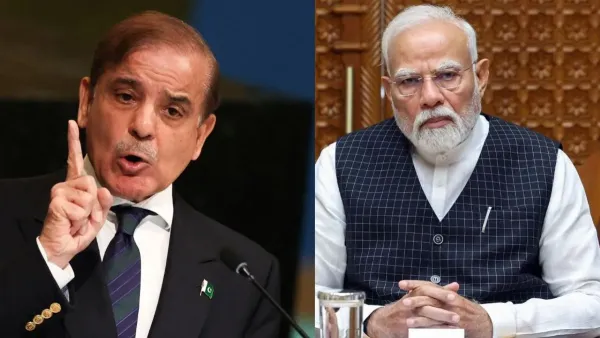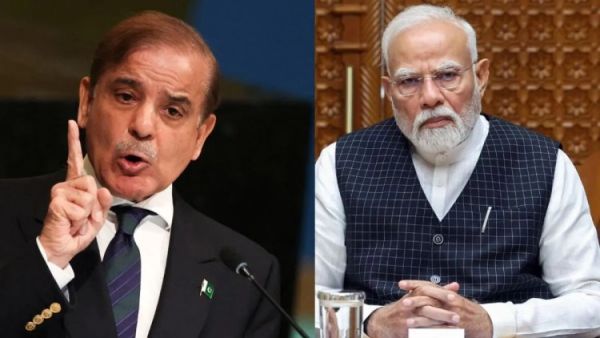
Pakistan’s extensive diplomatic and economic retribution in reaction to India’s robust responses after the Pahalgam terror assault, which claimed the lives of 26 people, has precipitously escalated regional tensions. A significant diplomatic rift between the nuclear-armed neighbors was signaled when the Pakistani government declared a number of harsh measures against India at a high-level National Security Committee (NSC) meeting presided over by Prime Minister Shehbaz Sharif.

Islamabad has halted all commerce with India as part of the new sanctions, including indirect trade that passes via Pakistani territory and other nations. All Indian-owned and Indian-operated aircraft have been prohibited from using the airspace, and all Indian overflight or landing rights have been immediately suspended. This is similar to prior confrontations between the two countries when airspace was used as a diplomatic instrument and turned into a weapon.
Sealing the Wagah border, Pakistan’s only land crossing point with India, was one of the most significant actions. The closure essentially freezes one of the few major avenues for people-to-people interaction by completely suspending all cross-border business and civilian transportation.
The NSC declared that “all cross-border transit from India through this route shall be suspended, without exception.” However, Pakistan has granted anyone with legitimate endorsements who are presently in the nation until April 30, 2025, to return via Wagah.
Abeyance of Simla Agreements
The revelation that all bilateral accords with India, including the landmark Simla Agreement of 1972, are now being held in abeyance was perhaps the most important political action. The foundation for amicable bilateral conflict settlement was established by the Simla Agreement, which was reached after the India-Pakistan war in 1971.